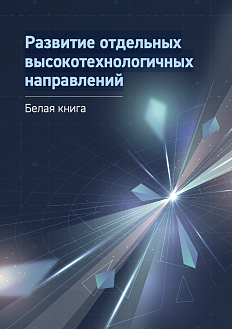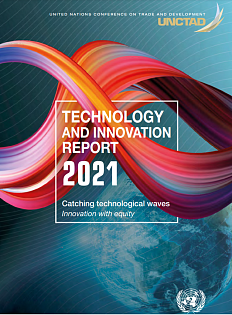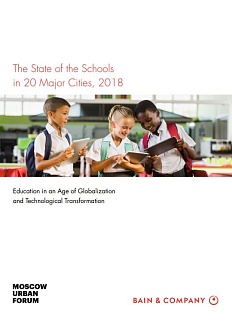The topic of artificial intelligence has come under focus on numerous occasions at the St. Petersburg International Economic Forum. One particular highlight was the session «Media in the Artificial Intelligence Era: A Survival Guide», which took place in 2018. Guests included Martin Ford, futurist, author of The New York Times Company, and writer of the bestselling «Rise of the Robots: Technology and the Threat of a Jobless Future». Here is what he had to say:
Robots replacing employees
Many times when you think about automation, you think about robots in factories, or maybe in warehouses. You tend to think about blue-collar workers — workers that don’t have very high levels of education. And yet, the impact is going to be much more broad-based. One thing we’re seeing already is that automation, especially machine learning, artificial intelligence, is really climbing the skills ladder in terms of the kinds of jobs that it’s able to impact. [If we look at] the number of employees in the largest US corporations in the corporate finance department — this would be jobs like accounting, accounts payable and receivable, financial planning, and so forth [we see that] over a recent 10-year period, about half of those jobs have disappeared.
The main challenge posed by progress
A lot of jobs could disappear, other jobs could be de-skilled. [...] Eventually, countries throughout the world may have to move in [the] direction [of a universal basic income] to ensure that they have both social and economic stability, and also the kind of system that can make sure that everyone is able to benefit from these technologies, rather than having a lot of people left behind. So, I really think that this is one of the biggest challenges that we’re going to face in the coming decades — figuring out how to make sure that this progress can be leveraged on behalf of everyone at every level of our society.
The problem of not needing to work
Probably the best [approach] is going to be some kind of universal basic income, or a guaranteed income, and that will help ensure that everyone has at least a minimal income — a decent income — even in a world where they can’t necessarily find a job. [...] We are going to need to solve [two] problems — I spoke briefly about a basic income [...] but we also need to solve [another] problem which is, what are people going to do? How are they going to occupy their time? How are they going to get that sense of doing something important? [...] This is something we all need to think about in terms of policies for the future.
You can watch a full recording of the session here:





